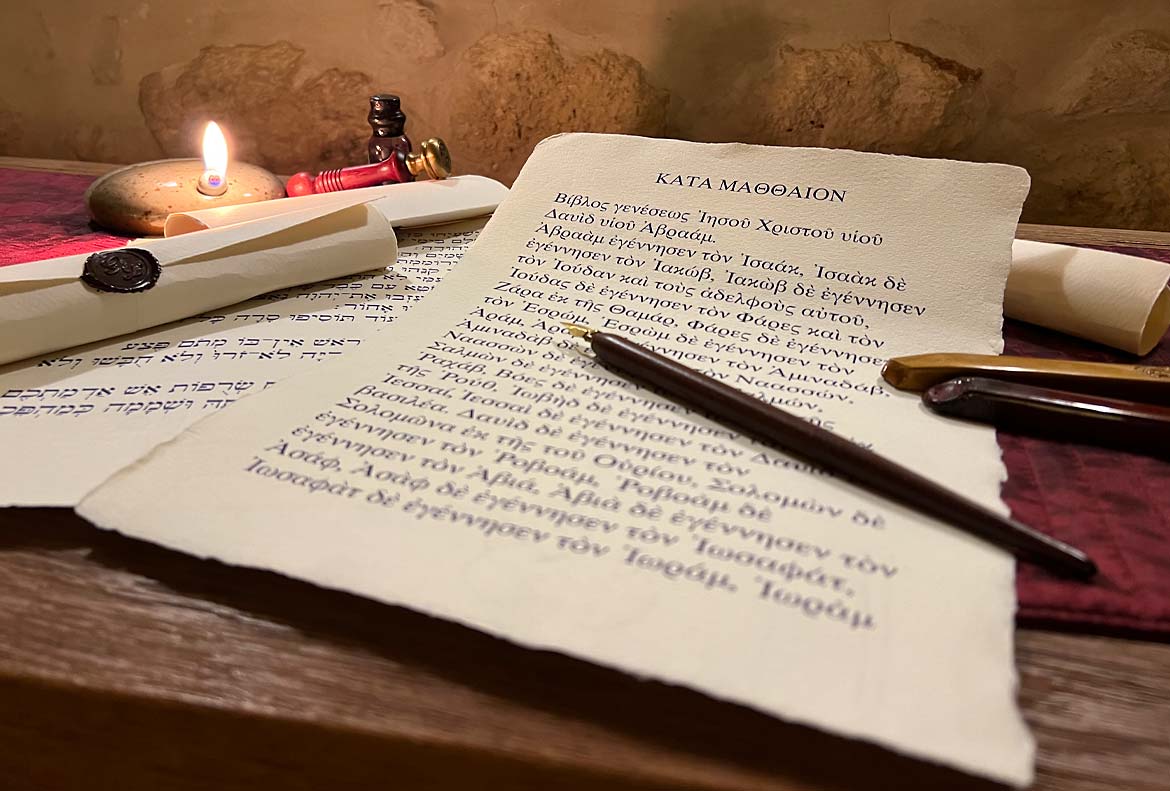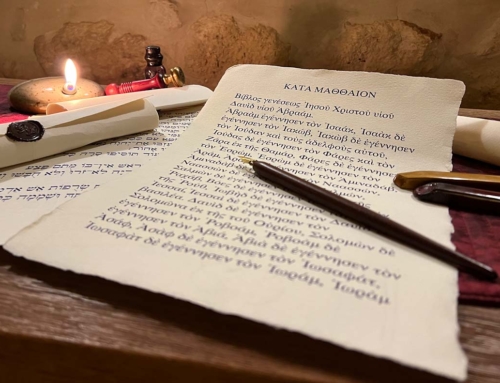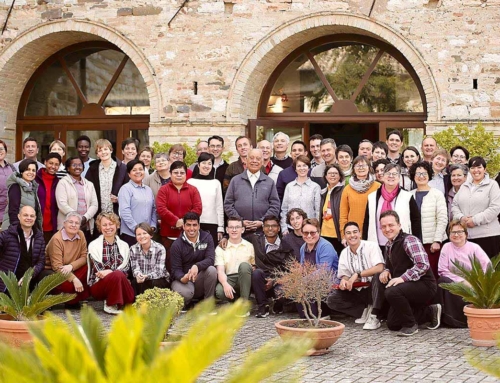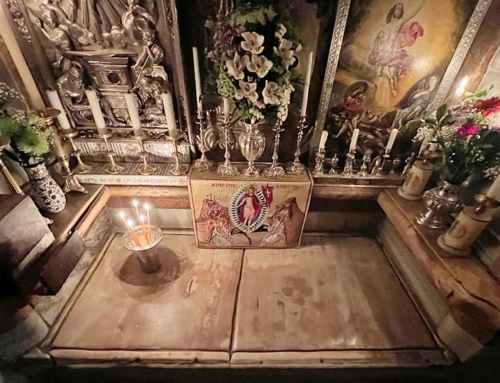19th SUNDAY IN ORDINARY TIME (A)
Sunday 13 August 2023
Matt 14:22-33
“But when the disciples saw him walking on the sea, they were terrified, saying, ‘It is a ghost!’ And they cried out in fear. But immediately Jesus spoke to them and said, ‘Take heart, it is I; do not be afraid’. Peter answered him, ‘Lord, if it is you, command me to come to you on the water’. He said, ‘Come’. So Peter got out of the boat, started walking on the water, and came toward Jesus. But when he noticed the strong wind, he became frightened, and beginning to sink, he cried out, ‘Lord, save me!’ Jesus immediately reached out his hand and caught him, saying to him, ‘You of little faith, why did you doubt?’”
(Matt 14:26-31)
Following on from the event of the multiplication of the bread and fish, which was like an open-air ‘congress’ with 5000 people gathered, Jesus felt the need to encounter the Father through the intimacy of prayer. This equilibrium is found often in the Gospels: the Master seeks balance between His so-called active life and His contemplative life. To achieve this here, He literally compels His disciples to get into a boat and go ahead of Him to the other shore. As the night draws to its end, Jesus descends from the mountain and, walking on the water of the lake, reaching the disciples who had their journey blocked by storm conditions. While all of them were engaged (and worried), trying to row through the storm, they became frightened seeing Jesus walking on the water. The Greek word used here is taràsso, which means that their agitation is similar to the effects of the storm on the sea’s waters. Seeing their fear, Jesus immediately encourages them.
Matthew is the only Evangelist that expands this account with further detail. Peter comes on scene, gets out of the boat, and begins to walk on the water, heading towards Jesus who has called him to Himself. There is a tendency to criticize Peter, and to underline his lack of faith. However, the details of this event are told more to highlight Peter’s gesture of faith and to recognise that, even if it was limited, he “walked on water”.
But what happens then? Peter becomes afraid, and begins to sink. Jesus grab hold of him, and asks, “why did you doubt”? The original word used here is distàzo. Etymologically this implies being of ‘split decision’ or ‘divided, having a foot, in two places’. In effect, Peter isn’t certain that it actually is Jesus who calls him to walk on water (he asks, “Lord IF it is you…”) and, for this reason, part of his heart remains on the boat. Furthermore, he doesn’t keep his sight on Jesus alone. He shifts his gaze, looking elsewhere, looking at the effects of the strong wind.
Just like Peter, this can happen to us too: many times in life we are called to get out of the boat – that is, from our own certainties – and to walk in the storm, on the waters and sea of difficulty. In those moments, Jesus asks us to put our total trust in Him again. He is before us and He helps us. Only by keeping our gaze on Him, right to the end, without casting our eyes on anyone or anything else, will we be victorious in Jesus and, with Jesus, the difficulties and the agitation of the waters of our life will not disturb our hearts.
Fr. Giuseppe








